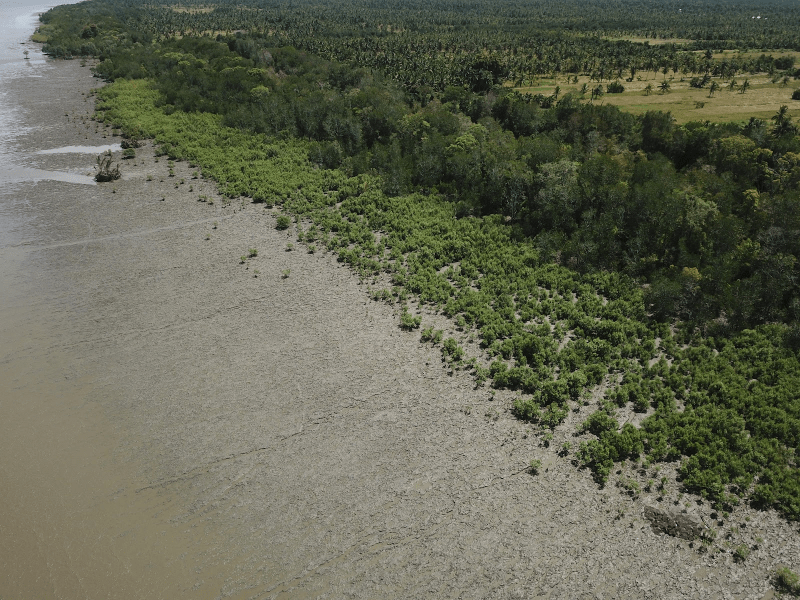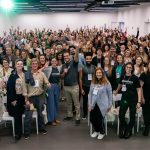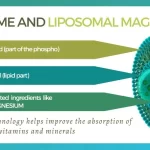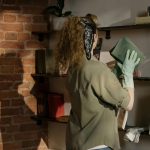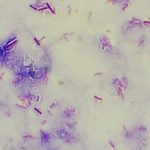By Shafa Fakhira, social media specialist, Pongo Ranger Local community, and Dwi Riyan, 2023 Wetland Restoration Steward and Pongo Ranger Group co-founder. All pictures courtesy of the Pongo Ranger Community.
Much from the hustle and bustle of the town lies Ketapang, a remote area of West Kalimantan on the Indonesian facet of the island of Borneo.
The worlds 3rd-premier island, Borneo hosts a single of the worlds oldest rainforests, presenting refuge for vast concentrations of biodiversity, famously together with orangutans, hornbills and turtles. But the island is also household to a rapidly expanding human inhabitants of 21 million and with it, the growing threats of deforestation, wildfires and land degradation.
Situated in Borneos southwestern corner, Ketapang is renowned for its considerable fisheries and fertile farmland, which give livelihoods for most of the regions populace. But these industries are now at risk from seawater intrusion due to the degradation of the mangroves that line the coastline and hold back the tide.
This rising salinity threatens the productivity of the areas farmland and could inevitably lead to crop failure.
In the village of Tanjung Baik Budi, neighborhood farmers are combating back by partnering with the Pongo Ranger Group co-started by 2023 GLF Restoration Steward Dwi Riyan to bring back again the locations dwindling mangroves.
Because its founding in 2018, the youth-led business has planted 3,500 mangrove trees in the place which includes 2,000 planted in February 2024 with the assist of the Worldwide Landscapes Forum through its Restoration Stewards application.
Farmers have demonstrated a eager fascination in supporting monitor the mangroves at the time they have been planted, which is a important factor in making certain the initiatives very long-term achievements.
The challenge is pretty vital mainly because the mangrove forest was slash down in [the neighboring village of] Sungai Putri, says local farmer Rusli. This led to seawater seeping into the farmland, producing it unusable for agriculture.
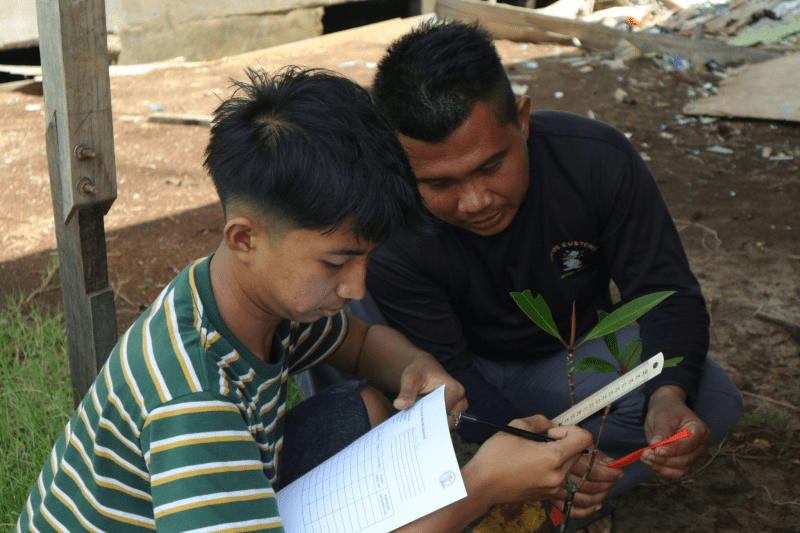
Previous November, 13 farmers from Tanjung Baik Budi took element in a monitoring and evaluation workshop led by the Pongo Ranger Community, wherever they acquired to enhance their mangrove planting approaches and received training on how to monitor their development.
The organization has also deployed a dedicated monitoring workforce to oversee the newly planted mangroves and promptly deal with any problems.
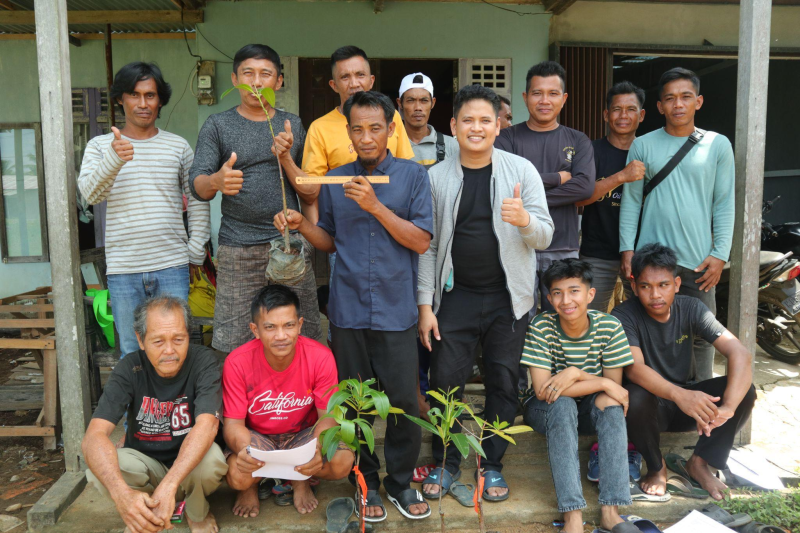
Nonetheless, this time of 12 months typically sees higher rainfall, strong winds and superior tides, which could negatively effect the advancement of the mangrove seedlings. In spite of obtaining geared up the seedlings in December, it wasnt until eventually February, when weather conditions circumstances started out to enhance, that the farmers started off to plant them.
Its very important to fully grasp optimum mangrove planting methods for Tanjung Baik Budi farmers to minimize submit-planting setbacks, states Setiawan, the Pongo Ranger Communitys on-web page coordinator.
If we see any mangroves that arent developing nicely, we will quickly replace them with new seedlings.
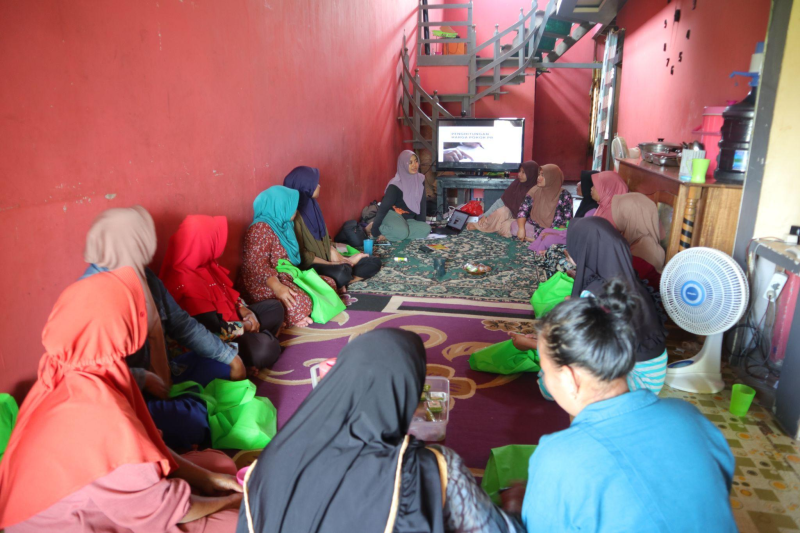
Apart from restoring mangroves, the Pongo Ranger Group is also performing with a team of area women of all ages who weave baggage out of dried nipa palm leaves, organizing a new workshop to help them extra accurately calculate the charge of their products and solutions.
The bags offer a sustainable option to plastic luggage and are generally marketed to farmers to aid them slash down on plastic squander through planting a little adjust that can make a large variation in promoting greener and additional responsible farming.
The weavers choose the leaves as essential and dry them, which minimizes dampness and strengthens the leaves to increase their longevity, right before weaving them into luggage. They usually obtained the artwork of weaving from their elders, helping their people develop woven merchandise these kinds of as mats.
Having said that, these objects can be challenging to offer as they are built to order and as a result only bought in small quantities, in line with the requires of just about every purchaser.
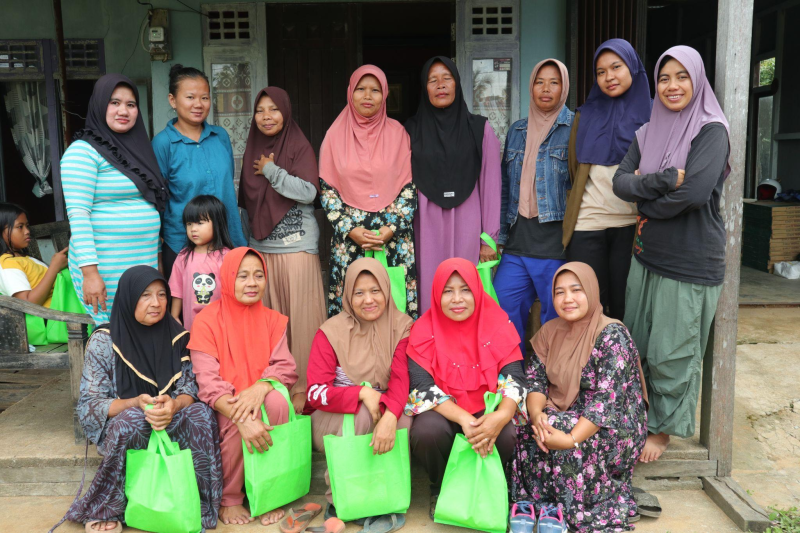
The weavers experienced formerly sold their goods to prospects without having contemplating the genuine price tag of creation. This meant their income were normally inconsistent as their earnings depended on the provides they received.
Right until now, we experienced in no way calculated the production expense, nor saved documents of income, says Halimah, just one of the workshop individuals. We also under no circumstances considered labor as component of the production cost calculation.
Through a collection of sensible workout routines throughout the workshop, the weavers uncovered how to calculate the cost of creation and sell their products and solutions at a financially rewarding value. For a batch of 50 eco-poly luggage, they can count on to get paid among IDR 2,000 and 3,500 (USD .13 to .23) for every device.
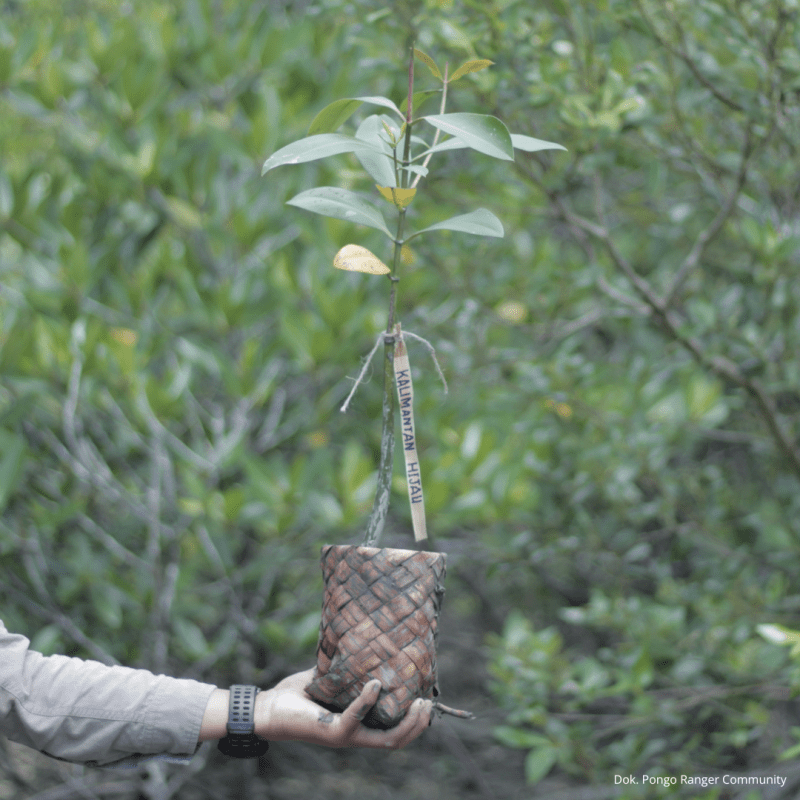
By doing work hand in hand with the Pongo Ranger Local community, farmers and weavers in Tanjung Baik Budi are restoring their local atmosphere to good health and fitness and securing their personal livelihoods in the approach.
